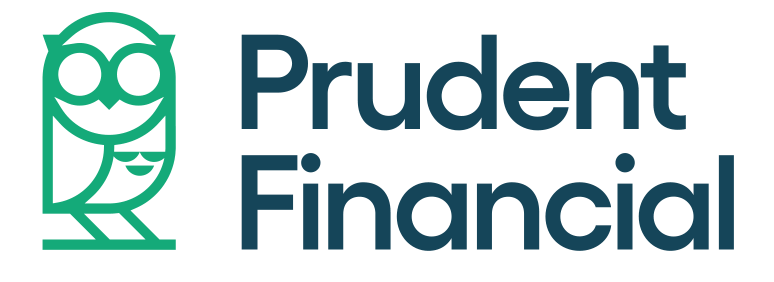
 There’s no doubt about it — Canadian interest rates are increasing.
There’s no doubt about it — Canadian interest rates are increasing.
Since July of 2017, Canadian interest rates have increased three times, going from 0.5% to 1.25% — the highest they’ve been in nine years. And if trends continue as expected, this is just the start.
Officials from the Bank of Canada have said that increasing interest rates are going to continue in 2018. Consumer spending is no longer affecting the economy as much, meaning that the country needs less spending and shopping to fuel the economy. Lower interest rates meant that more Canadians could qualify for more credit, but now the Bank of Canada is hoping that increasing interest rates can curb the record high amount of Canadian household debt.
Where does this leave you? If interest rates keep increasing, those with a lot of debt will be forced to take a hard look at their finances. Higher Canadian interest rates mean that all forms of debt with variable interest payments — student loans, credit cards, some mortgages, etc. — will have higher payback costs.
While this may be only a small additional cost right now, if you have a lot of debt it could bring major consequences. And if interest rates continue to rise, that small additional cost could turn into a big additional cost.
You need to take care of your debt before interest rates rise again. Consider the following steps you can take:
- Lock into a Fixed-Rate Mortgage
As interest rates increase, one of the larger loans they can impact is your mortgage. If you have a variable-rate mortgage, your payments will rise with the interest rates. A fixed-rate mortgage lets you pay one single monthly payment that doesn’t change with interest rates. Most variable-rate mortgages come with the option to lock into a fixed-rate mortgage. This could end up being cheaper in the long run and, at the very least, take away a lot of potential stress.
- Pay Off Small, High-Interest Debts
Depending on the amount of debt you carry, you may be able to pay it off through simple saving. Living more frugally for a few months or finding a part-time job to generate extra income could both be viable pays to pay down small amounts of high-interest debt, such as credit cards, so that they don’t snowball into a bigger problem.
You could also look into getting a small personal loan to pay off your existing debt and then pay back the loan at a fixed monthly rate.
- Consolidate Larger Debt
If the amount of debt you’re carrying is large, you may want to consider debt consolidation options, such as mortgage refinancing. If you have home equity available, this can be a great way to get rid of larger debts and pay them off in one single monthly payment that doesn’t change with interest rates.
Whatever option you choose, be sure to take stock now — don’t wait until Canadian interest rates increase again. The next interest rate announcement is scheduled for March 7, 2018. Even if you have bad credit, there are debt consolidation options available.
Prudent Financial Services offers loans and mortgage financing to those with good credit, bad credit, and who are self-employed. We can help you prepare for increasing interest rates and more. Call 1-888-852-7647 for a free consultation or visit www.prudentfinancial.net.
